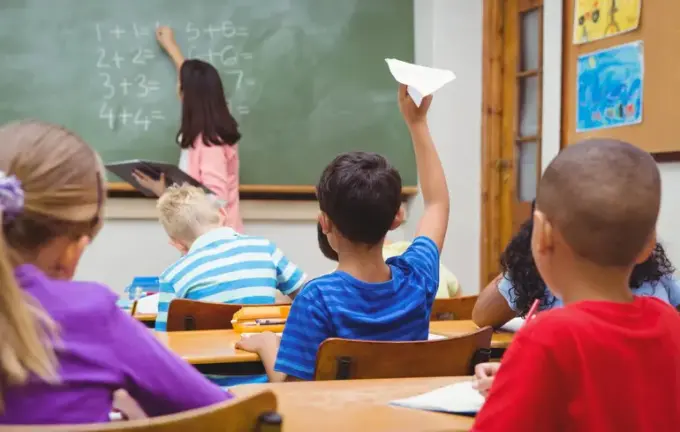The Illusion of Inclusion: Why New Ministry of Education Guidelines Fail in Ukrainian Schools

Recent methodological guidelines issued by Ukraine’s Ministry of Education and Science aimed at supporting children with mental health and behavioral disorders have sparked widespread debate within the educational community.
While the concept of expanding the experience of ‘Superhero Schools’—medically-supported centers within hospitals that provide a calm environment and psychological help—has its merits, implementing such models in typical Ukrainian schools proves to be significantly more complex and fraught with challenges.
Education expert Volodymyr Onatsky notes that a classroom of thirty students, filled with noise, ringing bells, and restless behaviors, differs fundamentally from a hospital ward designed for vulnerable children.
Teachers often face situations where children have mental or behavioral issues but lack access to medical information due to privacy laws; they cannot consult doctors without parental consent, and not all schools have full-time psychologists.
This lack of systemic support forces teachers into solitary roles where they must navigate unfamiliar problems intuitively, often without proper training, risking negative outcomes for children, educators, and the inclusivity movement overall.
Previously, teachers could obtain detailed developmental and psychological information from parents, but current restrictions have eliminated this opportunity.
Consequently, educators are left to ‘sense’ issues on the fly, which hampers effective support and increases the risk of misinterpretation.
The article emphasizes that without a comprehensive support system, inclusion efforts risk devolving into mere responsibility-shifting, leading to emotional burnout among teachers, inconsistent student support, and potential disciplinary or mental health crises.
Even minor mistakes or inappropriate reactions can result in panic attacks, self-harm, or physical injuries for students, as well as stress and burnout for teachers.
The author criticizes the Ministry’s guidelines as superficial and insufficiently grounded in the realities faced by Ukrainian schools, warning that these policies risk transforming teachers into crisis managers operating under high stress and limited resources, ultimately undermining the goal of true inclusion.

